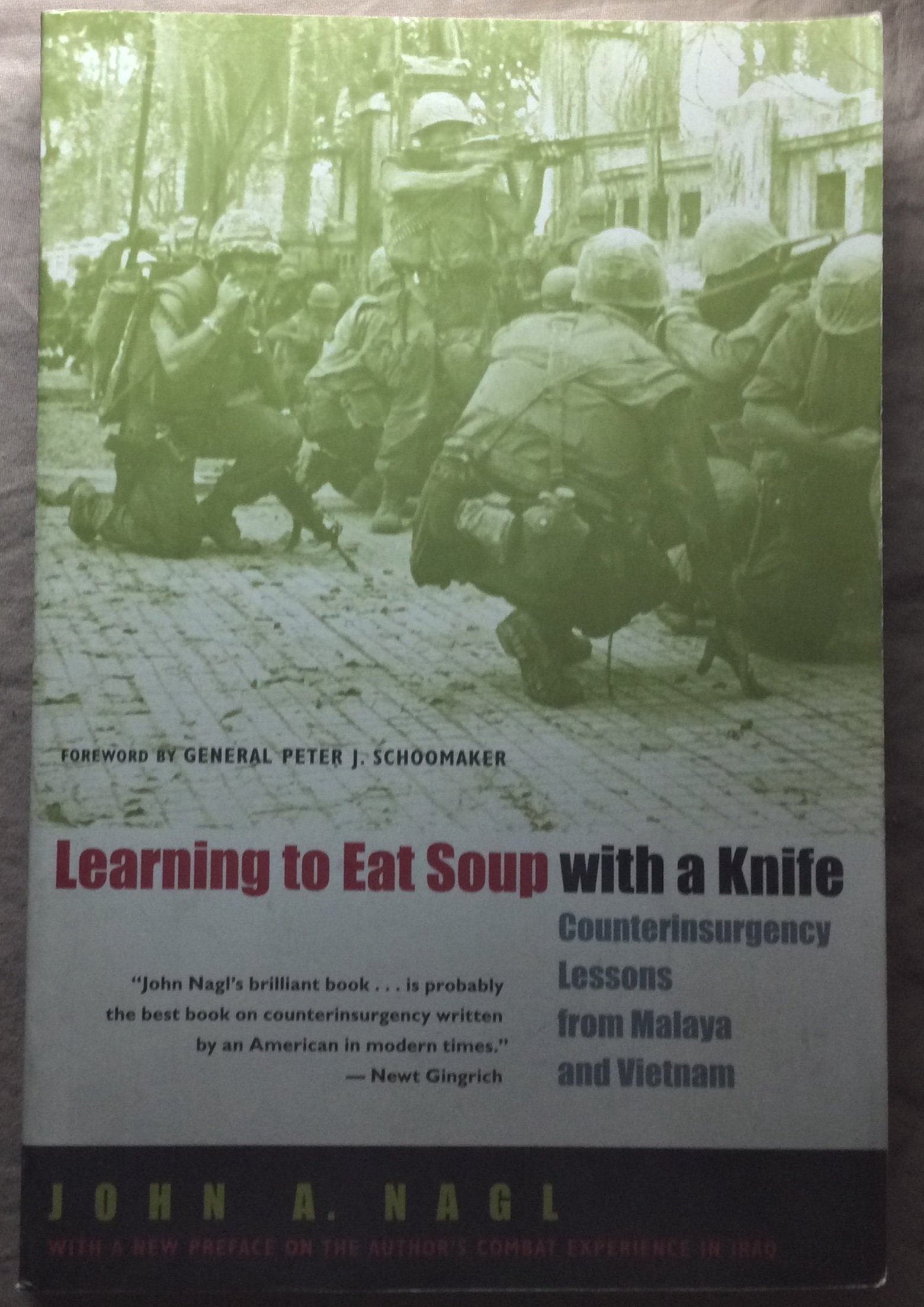 Image 1 of 1
Image 1 of 1


The First Casualty | The War Correspondent as Hero and Myth-maker from the Crimea to Kosovo (Copy)
Author - Phillip Knightley
Year published - 1975
Published by - Harcourt Brace Jovanovich Books
Book Format - Soft Cover
Genre - General Military History
Summary
"The most comprehensive j'accuse of journalism as propaganda in the English language... Ought to be read by every young reporter and by those who retain pride in our craft of truth-telling, not matter how unpopular or unpalatable the truth." -- John Pilger, from the Preface to the new edition"The first casualty when war comes, is truth," said American Senator Hiram Johnson in 1917, and in his gripping, now-classic history of war journalism, Phillip Knightley shows just how right Johnson was. From William Howard Russell, who described the appalling conditions of the Crimean War in Times [London], to the ranks of reporters, photographers, and cameramen who captured the realities of war in Vietnam, The First Casualty tells a fascinating story of heroism and collusion, censorship and suppression, myth-making and propaganda. Since Vietnam, Knightley finds, governments have become much more adept at managing the media, and in new chapters on the Falklands, the Gulf War, and the former Yugoslavia, he concludes that the war correspondent's role as a seeker of truth is now in jeopardy.From reviews of the first edition: "[This book] may make us all a little more free to talk about and find the truth." -- Garry Wills, New York Times Book Review"Disturbing, even dismaying, yet also in its painful way, enormously entertaining." -- New Yorker
Notes - Wear on cover
Author - Phillip Knightley
Year published - 1975
Published by - Harcourt Brace Jovanovich Books
Book Format - Soft Cover
Genre - General Military History
Summary
"The most comprehensive j'accuse of journalism as propaganda in the English language... Ought to be read by every young reporter and by those who retain pride in our craft of truth-telling, not matter how unpopular or unpalatable the truth." -- John Pilger, from the Preface to the new edition"The first casualty when war comes, is truth," said American Senator Hiram Johnson in 1917, and in his gripping, now-classic history of war journalism, Phillip Knightley shows just how right Johnson was. From William Howard Russell, who described the appalling conditions of the Crimean War in Times [London], to the ranks of reporters, photographers, and cameramen who captured the realities of war in Vietnam, The First Casualty tells a fascinating story of heroism and collusion, censorship and suppression, myth-making and propaganda. Since Vietnam, Knightley finds, governments have become much more adept at managing the media, and in new chapters on the Falklands, the Gulf War, and the former Yugoslavia, he concludes that the war correspondent's role as a seeker of truth is now in jeopardy.From reviews of the first edition: "[This book] may make us all a little more free to talk about and find the truth." -- Garry Wills, New York Times Book Review"Disturbing, even dismaying, yet also in its painful way, enormously entertaining." -- New Yorker
Notes - Wear on cover





